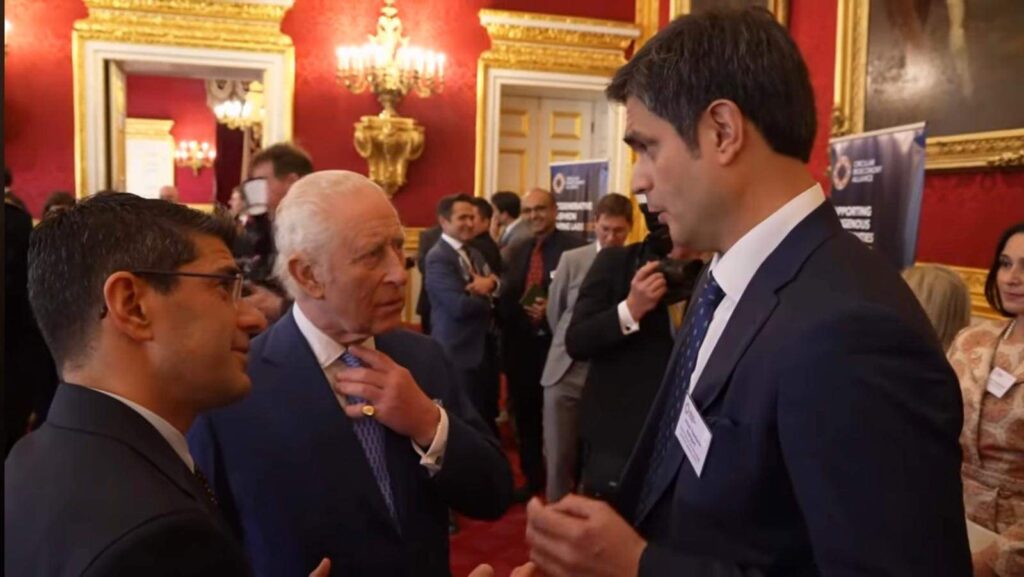The Circular Bioeconomy Alliance (CBA), chaired by King Charles III, recently held its UK launch to promote a nature-centric economy, gathering a hundred participants among scientists, business and indigenous community leaders.

This initiative emphasizes the critical role of nature as the foundation of our planetary systems, influencing climate, food, water, and air, while also exploring nature finance and economic transformation approaches. Despite its significance, nature often remains undervalued by economic systems that do not account for its intrinsic contributions. Antoni Trasobares, director of the Forest Science and Technology Centre of Catalonia (CTFC) and FIRE-RES project coordinator, stressed the importance of adapting agroforestry landscapes to combat global challenges, especially wildfires.
We are at a crucial moment, when we need to rethink our agroforestry landscapes in order to adapt them to global change. A circular bioeconomy based on public-private partnerships, that local communities and innovative scientific approaches, offers great potential to achieve this.
Antoni Trasobares (CTFC)
The FIRE-RES project aims at creating resilient landscapes that integrate local communities and innovative public-private collaborations. This approach underlines the importance of circular bioeconomy in rethinking wildfire-prone regions. During his intervention, Marc Palahí, CEO of the CBA, advocated for a paradigm shift to place nature at the center of our economic and societal frameworks, emphasizing the need to understand, value, and invest in nature.
This approach calls for transforming economies to align with ecological principles rather than merely compensating for environmental damage, leveraging existing knowledge and technology with a change in mindset. The event was a chance to announce the most recent innovative initiatives aimed at fostering nature-positive business practices. These include two new “Living Labs” to develop regenerative landscapes in collaboration with local communities and indigenous groups.
Today at St James’s Palace, The King joined scientists, businesses and indigenous leaders to discuss how a new framework developed by His Majesty’s @circbioalliance could help build an economy that is climate neutral and in harmony with nature.
— The Royal Family (@RoyalFamily) November 21, 2024
🌱🌎 #CircularBioeconomy… pic.twitter.com/dGaujBOn8h